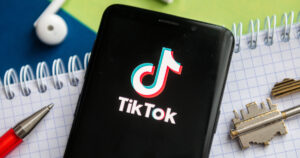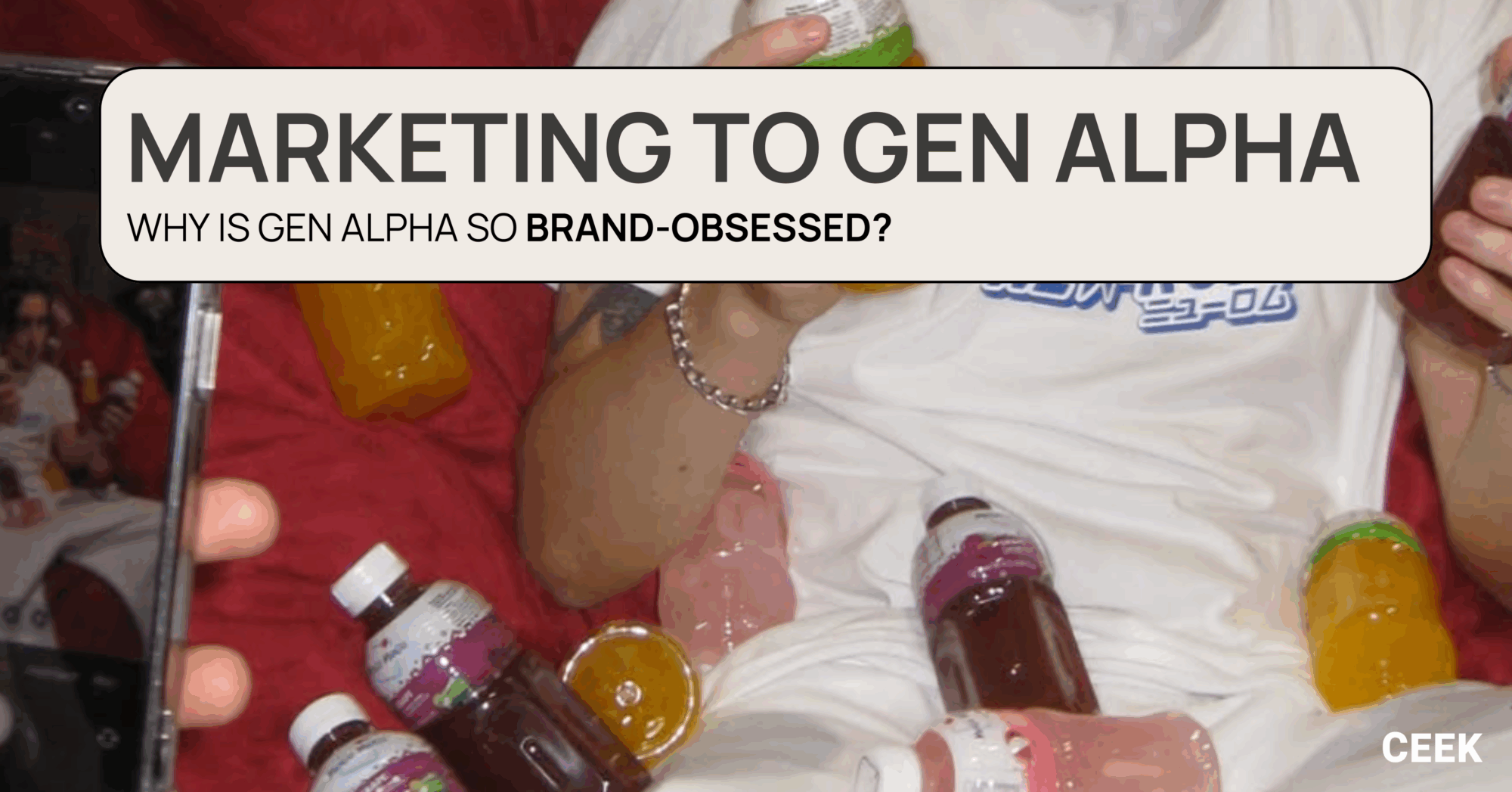Marketing to Gen Alpha is one of the biggest topics circulating in the marketing world. Generation Alpha, born between 2010 and 2024, is forecasted to become the largest generation in history, approximating to over 2 billion by 2025.
Not only is this generation predicted to have immense buying power (the demographic’s economic footprint is expected to reach £4.32tn by 2029) but they’ve also grown up in an entirely digital world. Here lies an amazing opportunity for brands to connect with this generation online and tap into their buying potential.
This guide will explain everything you need to know about marketing to Gen Alpha.
Who is Gen Alpha?
So who is Gen Alpha? Generation Alpha is the generation born between 2010 and 2024, and is expected to be the largest generation in history, reaching approximately 2 billion individuals in total.
Gen Alpha are also the first “digitally native” generation, meaning technology has been integrated into their lives from the moment they were born.
A study of British children aged 6–11 years old recorded that nearly half (46%) have an active social media account despite social media platform age restrictions. Two-thirds of respondents regularly use an iPad or tablet by their fifth birthday.
Unlike previous generations, Gen Alpha is skipping the “tween” phase and maturing faster than other generations. Also coined “Mini Millennials”, Gen Alpha consume similar products to their brand-conscious Millennial parents.
They are entering mainstream retailers like Lululemon and Sephora at a younger age and adopting the same purchasing behaviours as their parents.
Why is Gen Alpha so brand-obsessed?
Gen Alpha has grown up with constant access to the internet and social media. Because of this, they’ve been exposed to and interact with brands daily.
They also see their favourite influencers on platforms like YouTube, Instagram, and TikTok often promoting brands, creating a sense of trust and desirability around those products.
Due to their young age, Gen Alpha children rely on their parents to purchase products. Therefore, their Millennial parents influence the brands and products their children consume.
Because Millennials are health-focused and value high-quality products their children do as well.
Gen Alpha also view high-end brands as a form of social currency. They are doubtful of knock-offs and brand dupes and value popular brand-name products.
Purchasing trending brands, like Stanley and Drunk Elephant, helps Gen Alpha feel a sense of belonging amongst their peers.
What brands target Gen Alpha?
Because Millennials have such great influence over which brands Gen Alpha purchases, brands are adapting their marketing strategies to market to follow suit. We are seeing an increase in brands geared towards Gen Alpha with packaging that appeals to Millennials.
And because Gen Alpha values the brands that Millennial parents use, brands simply need to expand their product offerings to entice Gen Alpha consumers.
Tech companies are extending their offerings to adopt Gen Alpha as users. Amazon now sells the Amazon Fire, a tablet specifically targeted to Gen Alpha children.
Brands are also embracing interactivity in their marketing towards Gen Alpha. Lego Insiders Club blends the physical and digital worlds, creating an immersive Lego experience online.
Gen Alpha vs Gen Z
As the first digitally native generation, Gen Alpha adopts technologies at a much quicker rate than Gen Z.
Gen Alpha was heavily impacted by the stay-at-home orders and remote learning brought on by COVID-19. Parents turned to technology to entertain and educate their Gen Alpha children.
Some 63% of Gen Alpha value having the latest technology, according to Razorfish and GWI data from 2022. Gen Z, although tech-savvy, is not as eager. Just 31% of Gen Z places value in using the latest in tech.
Because of the digital world they’ve grown up in, Gen Alpha is constantly exposed to a wide array of social and political issues.
Gen Alpha is expected to be much more vocal about their opinions in comparison to Gen Z. Gen Alpha also values creativity and interactivity on digital platforms, whereas Gen Z values entertainment.
What platforms are Gen Alpha on?
Gen Alpha values platforms that they can contribute to, not just consume. Social platforms like TikTok, YouTube, Minecraft, and Roblox, allow Gen Alpha to create their own content and interact with others in a way that traditional media does not allow.
Out of all platforms, YouTube remains supreme. Almost 70% of Gen Alpha regularly watch YouTube Shorts and TikTok for one or two hours a day. YouTube was dubbed the coolest brand by Gen Alpha in 2023, according to research firm Beano Brain.

Strategies to market to Gen Alpha
Given the hundreds of brands at Gen Alpha’s fingertips, brands must connect with Gen Alpha with social media marketing strategies tailored specifically to this younger generation.
This includes knowing the trends and being actively present on the platforms Gen Alpha uses. For example, retail giant Ikea made headlines for opening an Ikea store within the online gaming platform Roblox.
Gen Alpha has grown up with the ease and instant gratification of social media. They expect an easy and seamless experience when researching and purchasing products.
Brands can utilise platforms like TikTok Shop to create uninterrupted shopping experiences for their Gen Alpha customers. Creating interactive paid advertisements and gamifying marketing materials also helps to hold Gen Alpha’s attention.
Because Gen Alpha is so mature, they are aware of social issues like diversity and global issues like climate change. Gen Alpha values brands that align with their ethics and values. In line with this, Gen Alpha values authenticity in marketing.
Brands should utilise influencer marketing and user-generated content to showcase their products in action to win the attention of Gen Alpha.
Why Parents Of Gen Alpha Matter
Because Millennials have such great influence over which brands Gen Alpha purchases, brands are adapting their marketing strategies to market to follow suit. Millennial parents are conscious of the products they consume, focusing on healthier, higher-quality brands.
If a brand does not meet Millennial parent’s standards, it’s unlikely that the products reach Gen Alpha’s hands.
Summary
Ultimately, there is no one correct approach when marketing to Gen Alpha. Brands should focus on being authentic and connecting with their consumer base in meaningful ways. If you’re interested in learning more about marketing to Gen Alpha, reach out to CEEK today.


